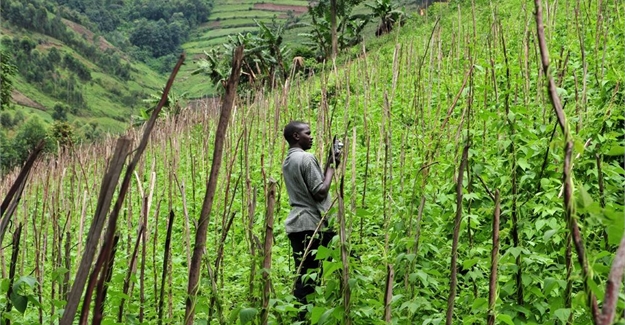Tanzania - Adverse weather conditions lead to millions of losses
25.02.2019 714 views
ScaleAgData Stakeholder Engagement Event
22.10.2024The ScaleAgData project is pleased to invite you to our second stakeholder event. Building on the discussions and connections formed during our first webinar, this event will focus on fostering collaboration among stakeholders, providing updates on our project’s progress, and outlining future opportunities for engagement.
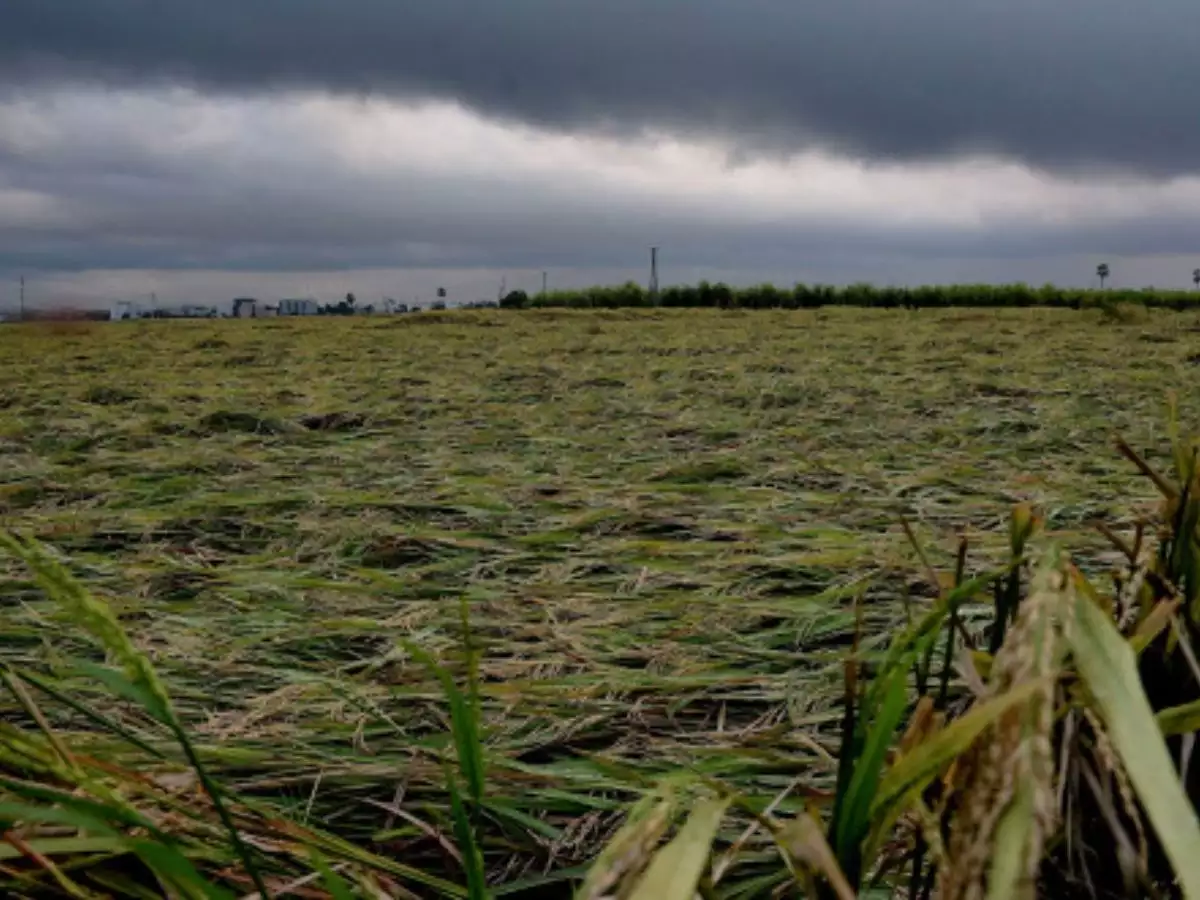
Australian growers report crop losses after ex-cyclone Mitchell
Carnarvon and Shark Bay were among the locations affected as ex-tropical cyclone Mitchell crossed the Western Australian coast as a weakened system on Monday night.

Ken Research Stated South Africa's Crop Insurance and AgriTech Market to Reached USD 1.2 Billion
Comprehensive market analysis maps climate-risk acceleration, technology-led underwriting transformation, and strategic imperatives for insurers, AgriTech platforms, and agribusiness stakeholders in South Africa's evolving agricultural risk ecosystem.
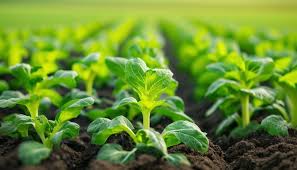
Failing soil is pushing regenerative agriculture into the mainstream
Land degradation and extreme weather expose the fragility of farming systems, with direct consequences for supply chains, markets and economic resilience.

Farmers report 'catastrophic damage to crops as Storm Marta hits Spain and Portugal
Farmers in Spain warned on Saturday that torrential rains and high winds had left fields submerged and caused millions of euros worth of damage to crops, as Spain and Portugal braced for more extreme weather.
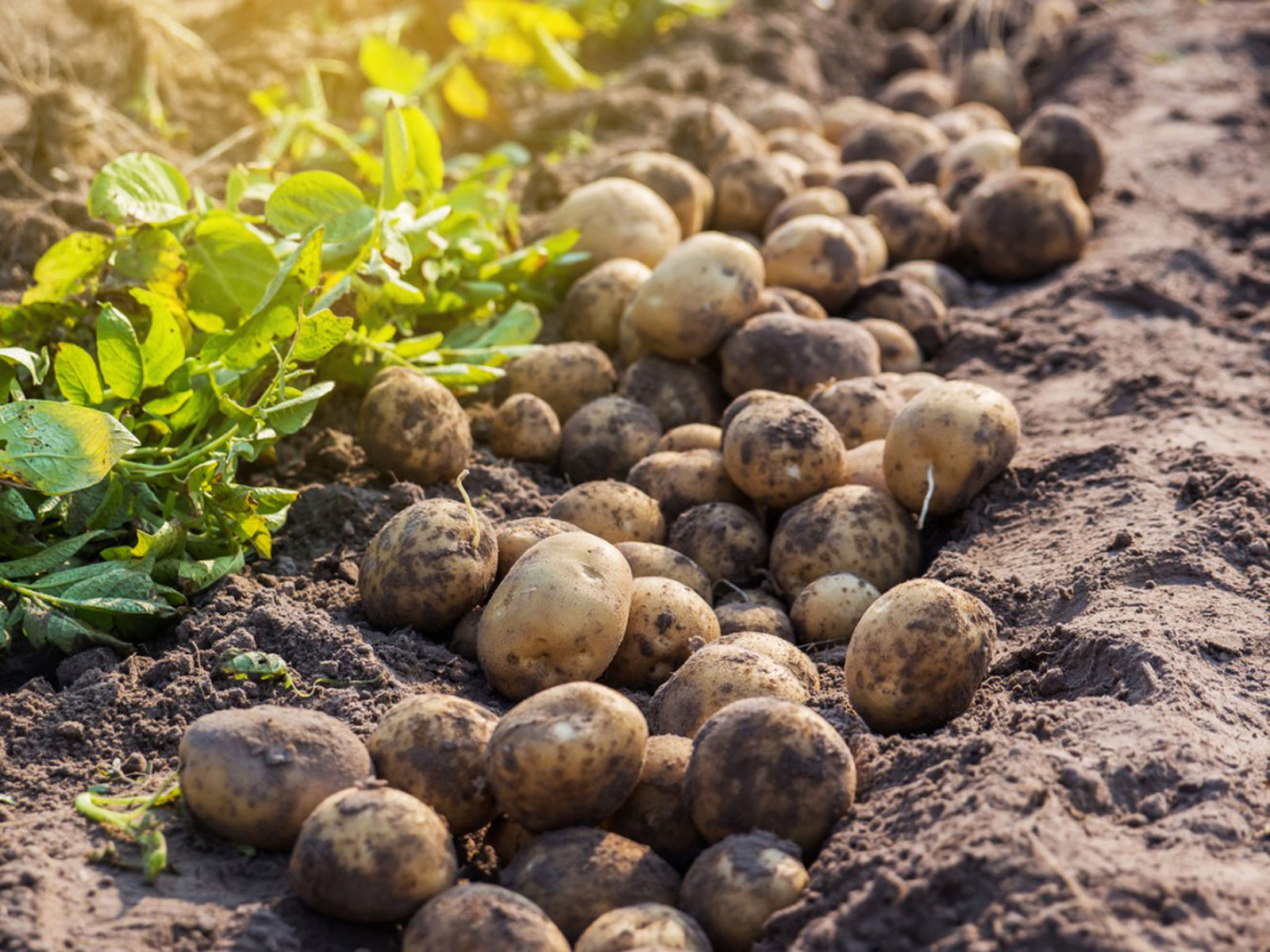
McCain Foods expands regenerative agriculture with third Farm of the Future in the United Kingdom
McCain Foods, the UK largest manufacturer of prepared potato products, has announced plans to launch a new Farm of the Future in North Yorkshire, home of McCain GB headquarters for more than 50 years, building on previously established Farms of the Future already operating in Canada and South Africa.

Canada - Barlow calls for strychnine approval after $3M crop loss in Foothills
Local MP John Barlow, Conservative shadow minister for agriculture and agri-food, is weighing in on the federal government’s rejection of strychnine for emergency pest management.
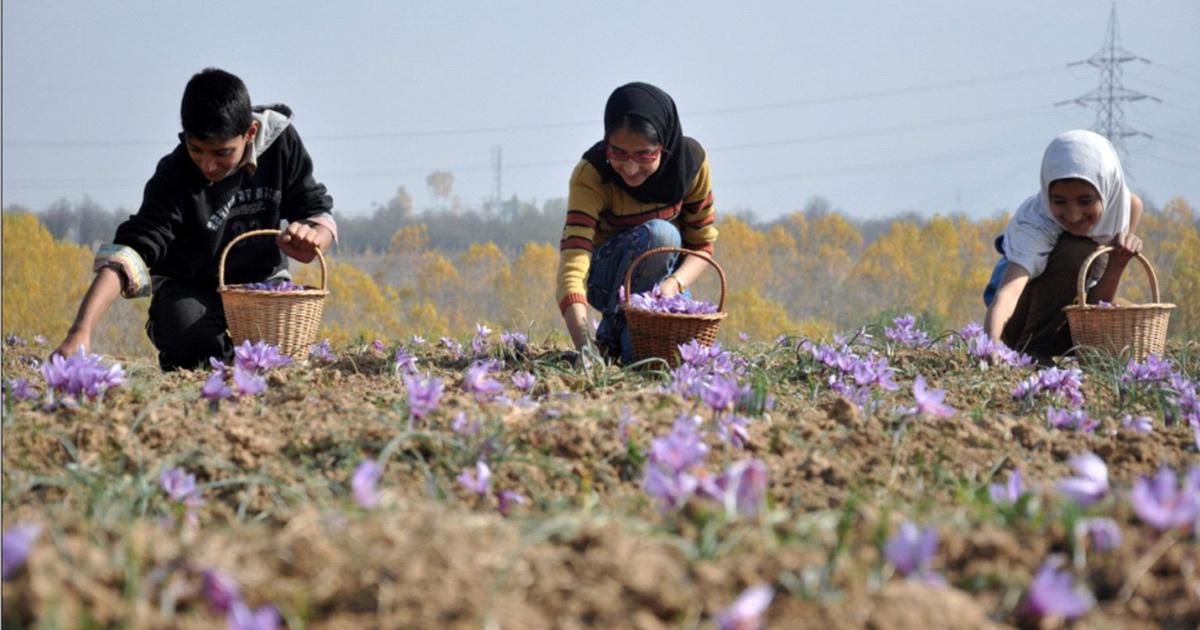
India - Kashmir Fruit Growers Union welcomes crop insurance, flags ₹2000 cr farmers’ loss in Budget reaction
The Kashmir Valley Fruit Growers Cum Dealers Union (KVFG), the apex body representing orchardists across the region, has issued a mixed response to the Jammu & Kashmir Budget 2026-27.
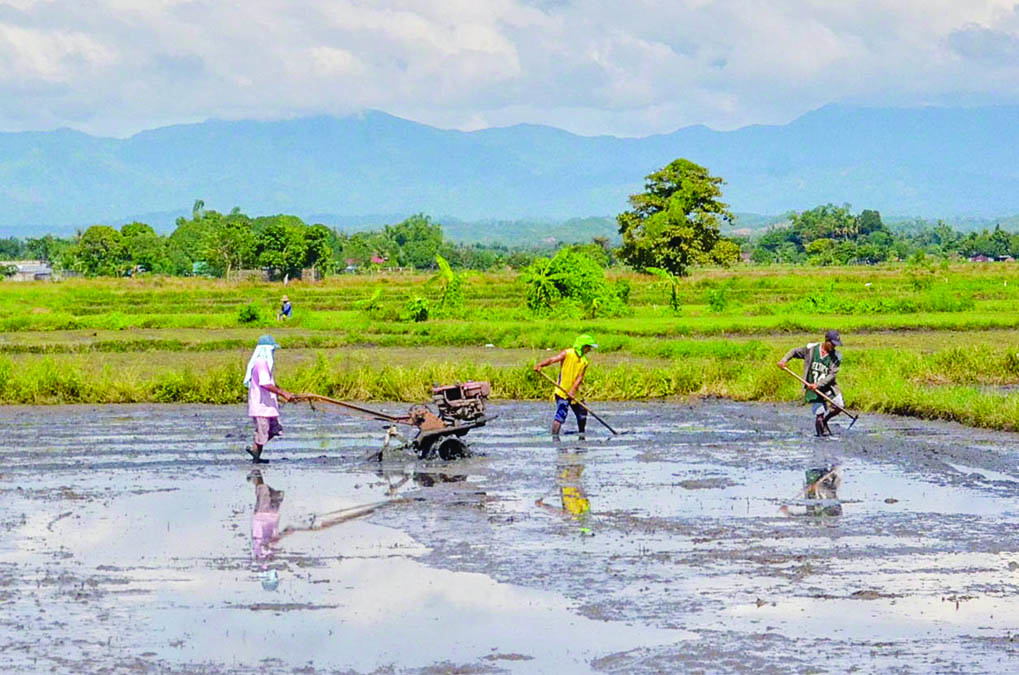
Philippines - Lawmakers push for weather index-based crop insurance system
A lawmaking tandem from Abra is pushing for the passage of a measure seeking to establish a free weather index-based crop insurance (FIBCI) with an automatic payout system to better help small farmers during calamities caused by climate change.


